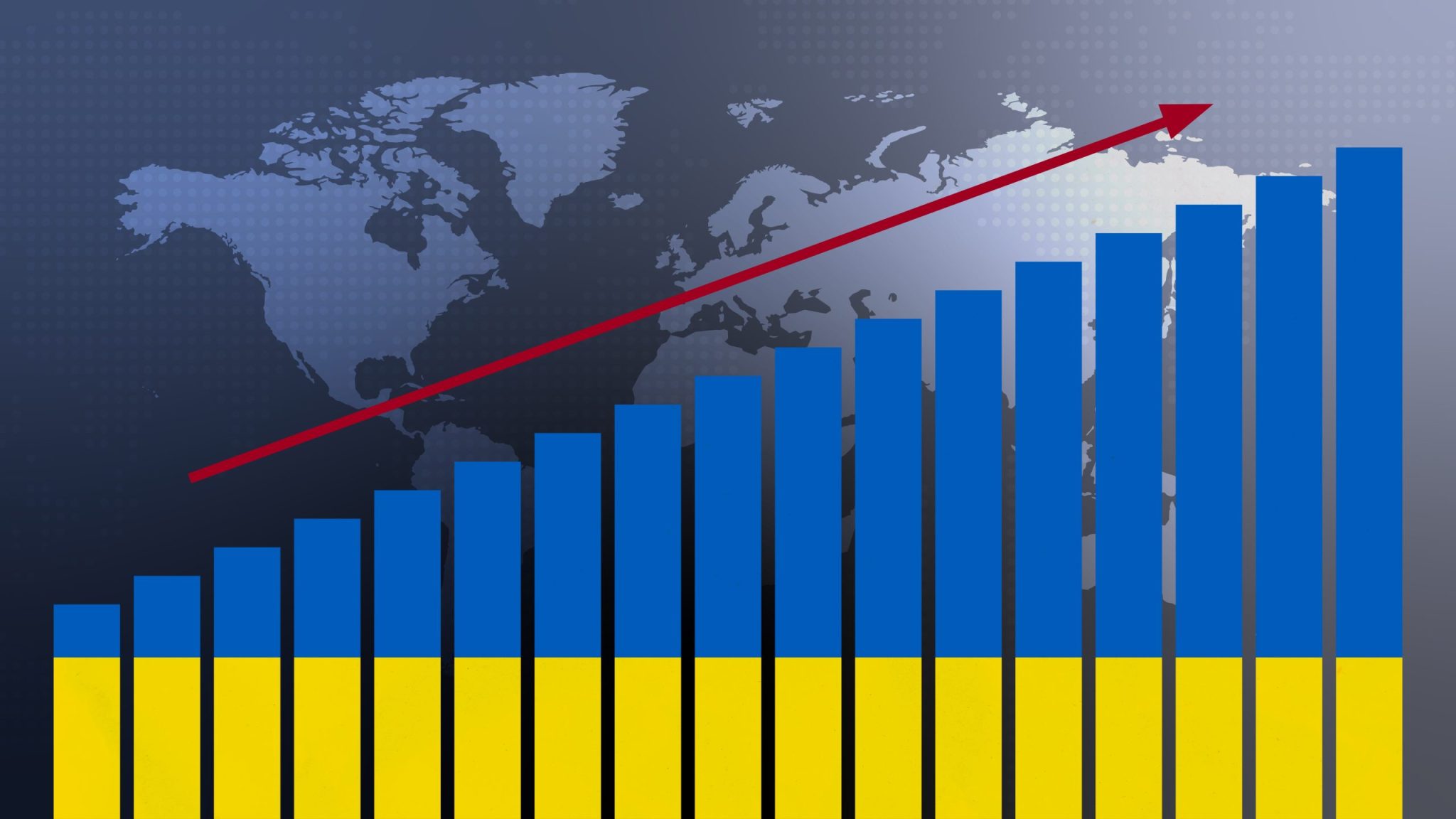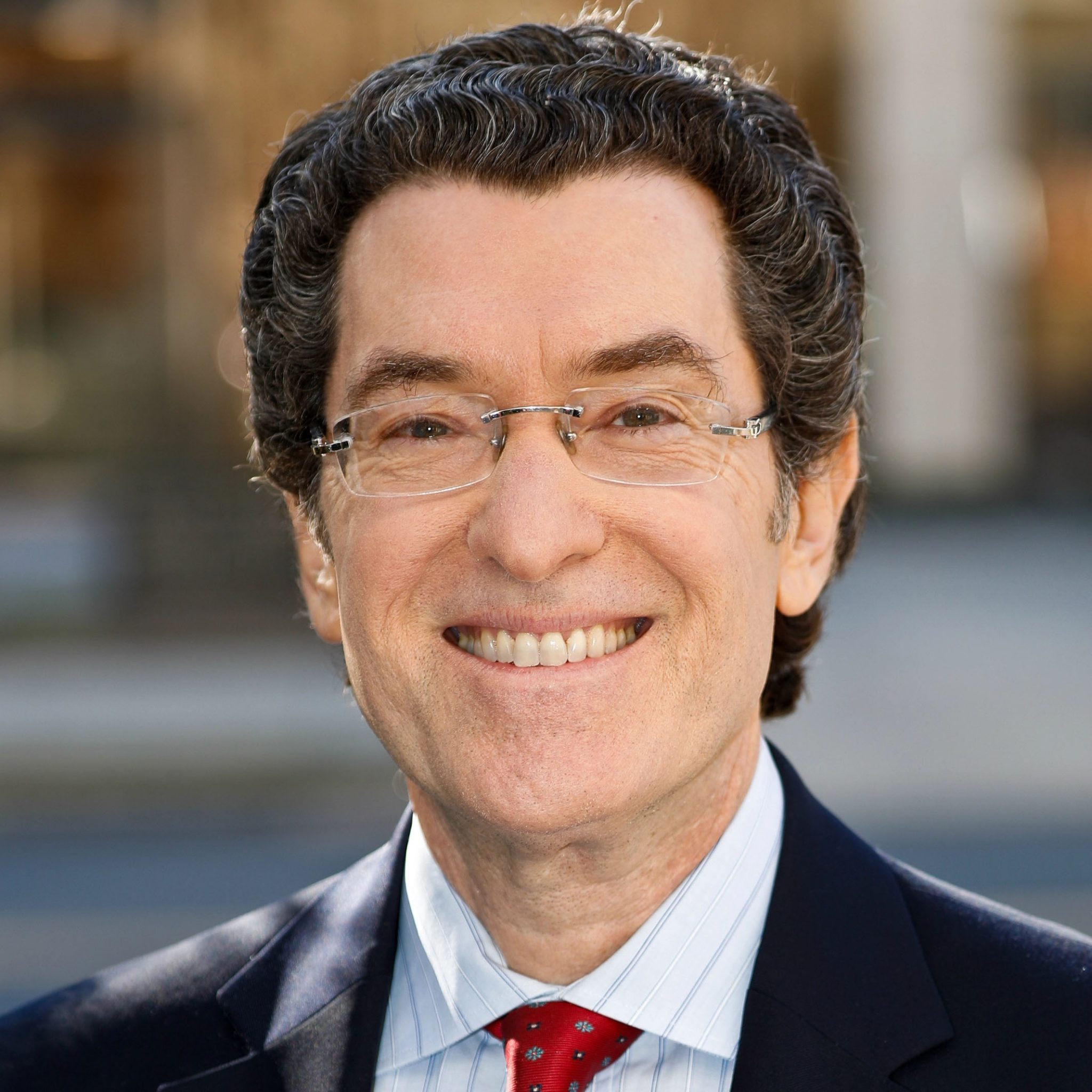Thanks to the European Union, this week’s Ukraine Recovery Conference in London will prove to be the most significant international event of the year to rally support for a thriving Ukraine. Indeed, the EU’s showing was so robust that it signals Ukraine is bound for EU membership.
From government ministers to CEOs, the EU and G7 consensus shared on the public stage and in private discussions during the conference went beyond the obvious point that everyone wants a Ukrainian victory over Russia. We heard repeatedly that the EU aims to welcome Ukraine as a member state, businesses intend to deepen investments in Ukraine, nobody wants to see a failing democracy or corrupt oligarchy emerge from the war—and most importantly, that all parties are making plans and taking actions now to achieve this future.
As we have advocated, leaders of the EU and G7 clarified that recovery and reconstruction assistance will be conditional upon Ukraine’s delivery of reforms. In a country that is still only midway through a generational struggle to uproot oligarchy, even the most reformist government needs the support of outside pressure to carry out its public mandate. However, these donor governments missed this week’s chance to commit to recalibrate their own internal systems such that they more meaningfully contribute to infusing transparency and accountability throughout their support for Ukraine.
The two most consequential deliverables of the week were announced on Wednesday by European Commission President Ursula von der Leyen. First, she reported that “the goal is in sight” of the European Commission being able to determine in October that Kyiv has met the seven preconditions to begin EU accession negotiations, and said that “we will work with Ukraine to get over the finish line”. Second, Von der Leyen announced her proposal for the EU to provide a multi-year aid and investment package for Ukraine amounting to €50 billion—five times as much money as all other commitments announced this week combined and the biggest single-country budgetary pledge the EU has ever made.
Given the scale of the new EU assistance plan, news coverage is understandably focused on the headline figure. But we must not gloss over the strategic approach also announced by von der Leyen: The EU will use this money as leverage by conditioning disbursements upon Ukraine’s continued delivery of reforms. She explained the purpose of the new facility by saying, “We want to match Ukrainian reforms with European investments. For every step Ukraine takes towards us, the European Union must take a step towards Ukraine … We will work with Ukraine on a corresponding plan for investment and reforms.”
Reform conditionality was similarly emphasized later in the day by a variety of key officials. Gert Jan Koopman, the head of the EU’s budget department, said, “Payments under the [€50 billion] plan will be conditional on progress on [governance, rule of law, and anti-corruption] reforms.” UK Foreign Secretary James Cleverly said, “Donors need to see progress with regard to reform and transparency to give the confidence to keep the flow of international investment coming into Ukraine.” Readouts from the White House and EU following a meeting of the G7’s Multi-agency Donor Coordination Platform promised to take steps in the weeks ahead “to enhance dialogue around Ukraine’s reform agenda”. A representative from the investor community on the stage in London said that “[reforms] should be tied to concessional money and it shouldn’t come without that”.
Prioritizing anti-corruption reform conditions was the first of five recommendations for the Ukraine Recovery Conference we articulated a month ago. And it was not a foregone conclusion. After reading that publication, some EU officials shared their skepticism that political leaders would commit to making recovery and reconstruction assistance conditional upon policy reforms. That risks coming across as cold and calculating while Ukraine is being ravaged by war criminals. But the need to ensure that a vibrant democracy emerges from the ashes of war won the day in London.
The conference was not all good news. The EU, G7, and the United Kingdom hosts have not yet delivered on our other four recommendations. Those center around the donors themselves—the national governments, the coordination platform, and the international financial institutions (IFIs)—committing to concrete internal organizing steps to improve their own contribution to transparency and accountability. We had explained how these commitments could be pledged in the co-chairs’ statement, but they were not.
Some IFIs, such as the European Investment Bank, praised Ukraine’s new DREAM digitalization system, which will make reconstruction more transparent than typical IFI programs. But the IFIs did not pledge to integrate their own procurement data into the system, which smacked of “transparency for thee, but not for me”.
Denmark did announce that it had created a civil society advisory board, a step we recommended for the donor coordination platform. But the platform is not even showing lip service toward to inclusion of civil society; its new website does not even mention the words “civil” or “society” anywhere. In the co-chairs’ statement, civil society was only mentioned in passing within a list of types of participants. In the closing plenary on Thursday, the German government suggested that when it hosts the next Ukraine Recovery Conference in 2024, they will do more to center the voices of Ukrainian civil society.
We did not hear any discussion this week about coordinating the work of inspectors general and other auditing offices from international donor agencies, let alone through the establishment of a Kyiv-based fusion cell on site with the National Anti-Corruption Bureau of Ukraine, as we recommended.
On these coordination issues, donor countries missed an opportunity to deliver outcomes in London that would have been politically easy and inexpensive but would have required more internal bureaucratic legwork. Thus, there is more to do in the months ahead. However, this should not detract from the overall conclusion that Ukraine’s allies, led by the European Union, made good on commitments to provide as much support as Ukraine needs and condition it upon anti-corruption reforms in order to win both the war and the peace.
The views expressed in GMF publications and commentary are the views of the author alone.






